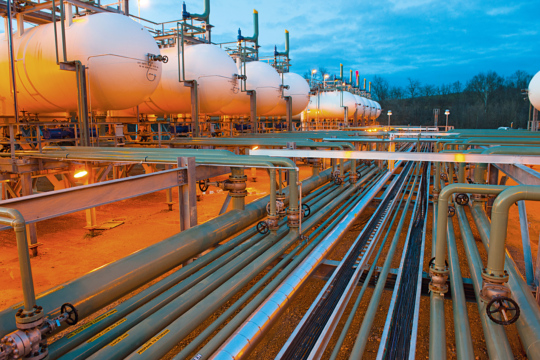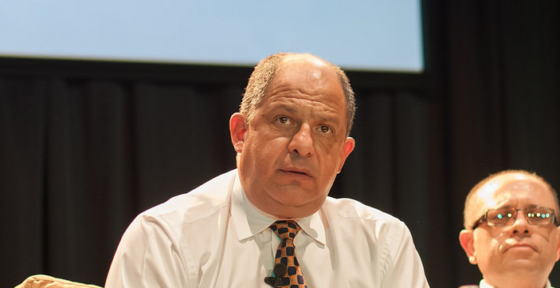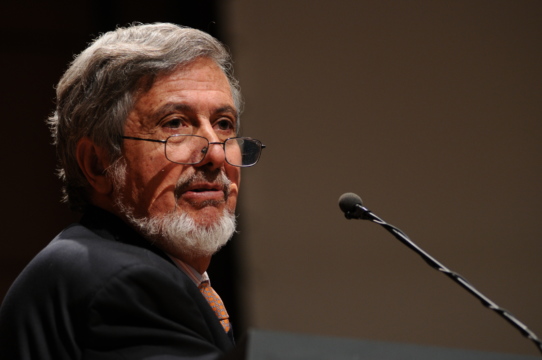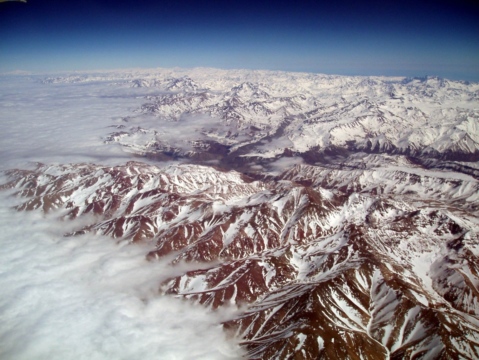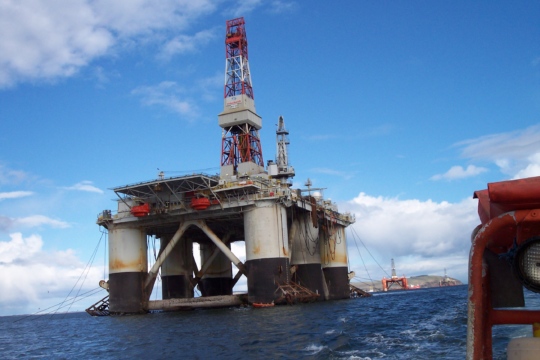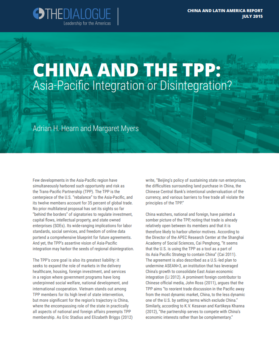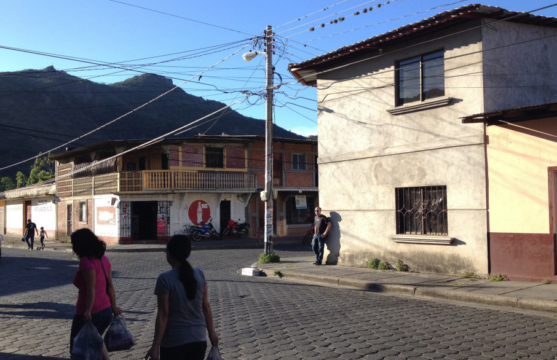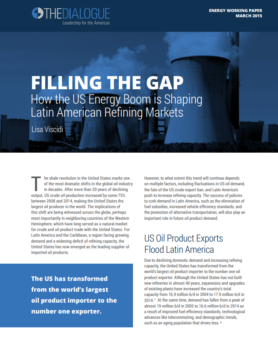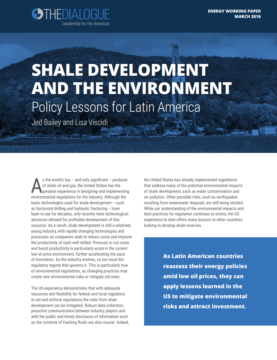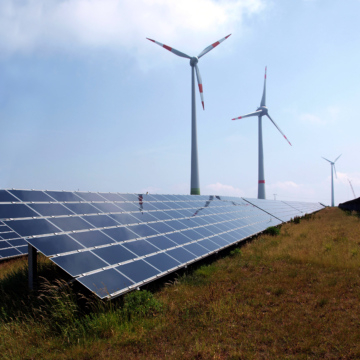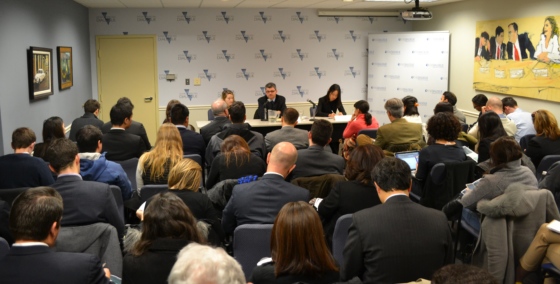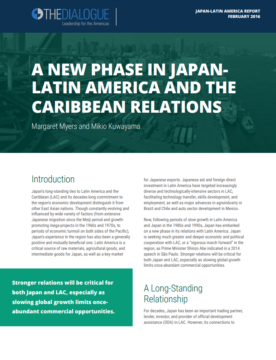
A New Phase in Japan-Latin America and the Caribbean Relations
For decades, Japan has been an important trading partner, lender, investor, and provider of official development assistance in Latin America and the Caribbean.
For decades, Japan has been an important trading partner, lender, investor, and provider of official development assistance in Latin America and the Caribbean.
On January 13th the Inter-American Dialogue hosted a discussion on migration and development in Central America in light of the recent congressional funding approval of the Alliance for Prosperity.
Will PayPal become a major player in the remittances sector? To what extent will PayPal disrupt established business models in the remittances industry?
President-elect Donald Trump has vowed to overhaul US energy and foreign policy in ways that could have important impacts on energy relations with Latin America and the Caribbean.
How well is President Luis Guillermo Solís handling the economy? How strong are the country’s levels of investor and business confidence?
With the recent decline in commodity prices, why have some countries have fared better than others?
Though the COP21 negotiations promise to be complex, they also present an opportunity for the region to address existing vulnerabilities.
The collapse in global oil prices has led to a steep decline in investment in Colombia’s hydrocarbons sector and reduced the value of its oil exports, depleting a key source of government revenue.
Will the TPP and RCEP be promoting of greater integration or of disintegration in the Asia-Pacific region?
The election of President Mauricio Macri may signal the start of a new era in Argentine energy policy and cooperation with the United States, but the new government still faces challenges to increasing oil and gas production and erasing energy subsidies.
In the midst of upcoming elections, Nicaragua is experiencing dynamic changes both politically and economically.
The surge in unconventional oil and gas production in North America has dramatically shifted energy markets in the Americas.
As Latin American countries reassess their energy policies in light of lower oil prices, there is an opportunity to apply lessons learned from the US experience to enact regulations that mitigate environmental risks, strengthen public support, and attract investment.
Development banks should play a great role in ensuring sustainable infrastructure development in Latin America in the coming years.
Despite slowing growth on both sides of the Pacific, China’s policy bank finance to Latin America reached $30 billion in 2015.

